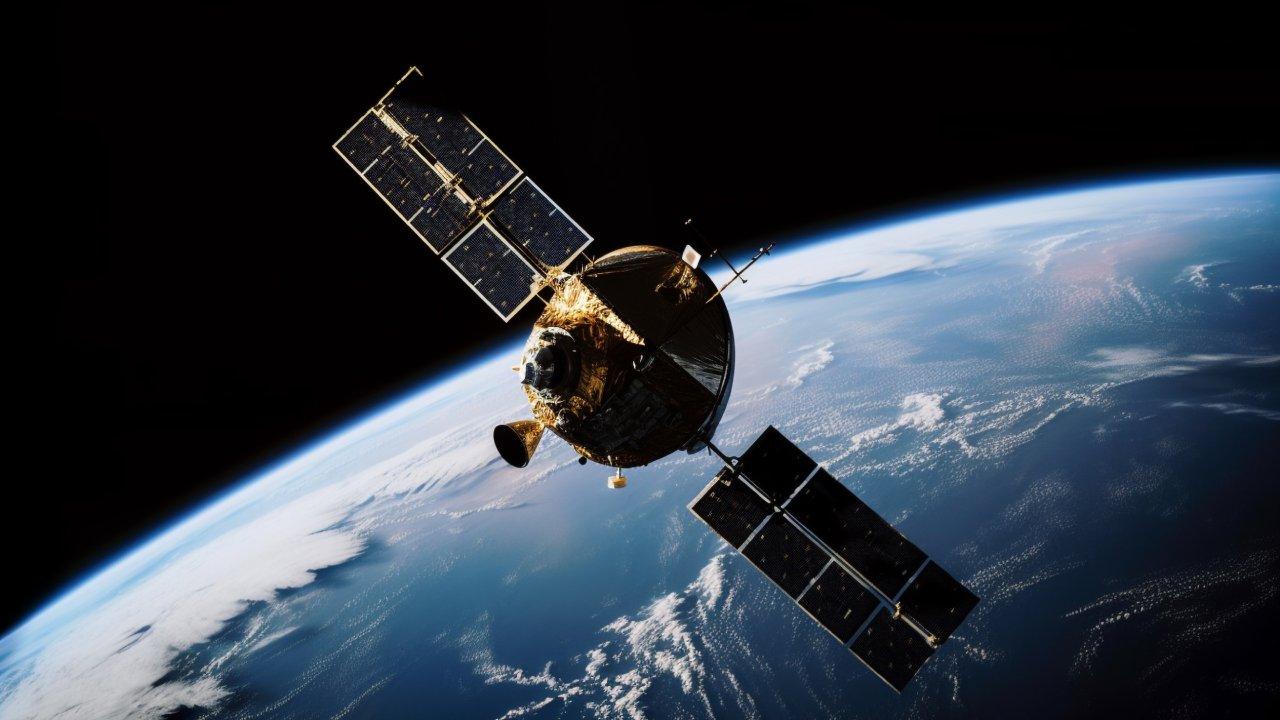SpaceX wants to improve the speed of its Starlink satellite Internet, going from 100 Mbps to 1 Gbps. To do this, the aerospace company must first obtain approval from the Federal Communications Commission (FCC), the US agency in charge of approving telecommunications via radio, television, wireless networks, telephones, satellite and cable.
The changes that Elon Musk’s firm intends to make to Starlink would allow its broadband service to be approximately 10 times faster. In order for the FCC to approve the modification, SpaceX submitted an application on October 11.
In the document, SpaceX explains that its revamped satellite internet will allow “the Gen2 system to deliver gigabit-speed broadband, truly low latency, and ubiquitous mobile connectivity.” Not only will they provide a connection of these characteristics to the United States, but “billions of people around the world who still lack access to adequate broadband” will finally enjoy a proper network.

How will SpaceX achieve 1 Gbps speeds?
To move from 100 Mbps to 1 Gbps, SpaceX will implement “several but significant updates to the orbital configuration and operational parameters for the authorization of its Gen2 space station.” As explained in their petition to the FCC, this will serve to “improve spatial sustainability, better respond to changing demand, and share spectrum more efficiently with other users.”
Additionally, SpaceX has addressed the issue of putting its satellites into lower orbits. Currently, the Starlink constellations move around the Earth at 525, 530 and 535 kilometers. However, the company advocates reducing the distance to 480, 485 and 475 km respectively.
By placing the satellites lower, SpaceX explains that it will increase the “maximum potential number of orbital aircraft and satellites per plane” without modifying the number of second-generation Starlinks they plan to send into space. The aerospace company’s calculations indicate that they would need about 29,988 satellites or less to reach that network speed (so far, the FCC has only approved 7,500 Gen2 satellites).
Next generation Starlink could launch with Starship
SpaceX CEO Elon Musk stated in a post on X (his social network) that the Starlink Gen3 satellites would be huge. In fact, he explained that they will be “so big that only Starship can launch them.” Although there are no images yet, the businessman promises that “they will allow a 10-fold increase in bandwidth and, with the reduced altitude, faster latency.”
Elon Musk
@elonmusk
The next generation Starlink satellites, which are so big that only Starship can launch them, will allow for a 10X increase in bandwidth and, with the reduced altitude, faster latency https://t.co/HLYdjjia3o
October 14, 2024 • 19:49
168.1K
1.1K
Right now, Starlink speeds are not as impressive as they will become. According to the brand’s website, customers “experience download speeds between 25 and 220 Mbps,” although the majority enjoy around 100 Mbps. Therefore, the third generation of satellites can be expected to reach 1 Gbps.
Back in 2016, before SpaceX’s satellite Internet service was operational, the team claimed it would lead to gigabit speeds. However, the current numbers are far from reaching that goal. With the next generation Starlink, the company hopes to change that forever and provide high-speed, low-latency broadband to its consumers.
Until the 1 Gbps connection arrives with the new Starlinks, SpaceX intends to optimize the second generation with updates. These “will incorporate improved hardware” with more advanced digital processing capable of “providing more specific and robust coverage.”
Despite the brand’s promises, we still have to wait for the FCC to accept the changes. It would not be the first time that the regulatory commission has been skeptical of SpaceX’s claims. In addition, rivals could raise objections and Elon Musk’s firm would have to demonstrate that the modifications will not negatively affect other spectrum users and satellite operators.













